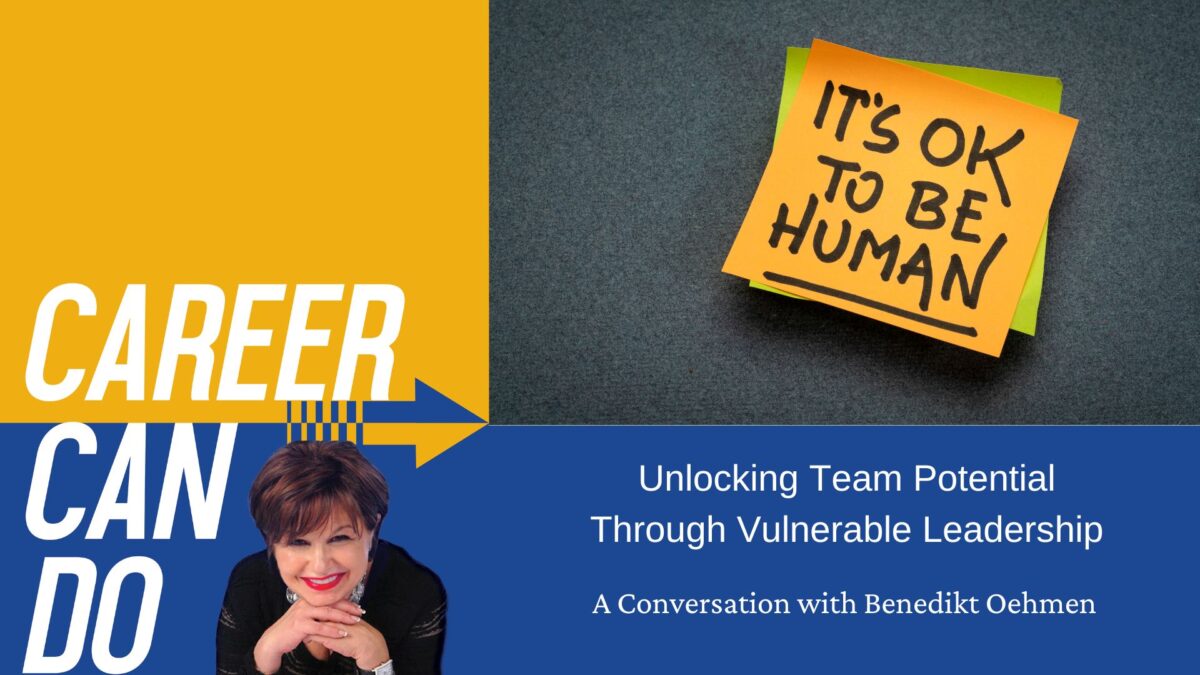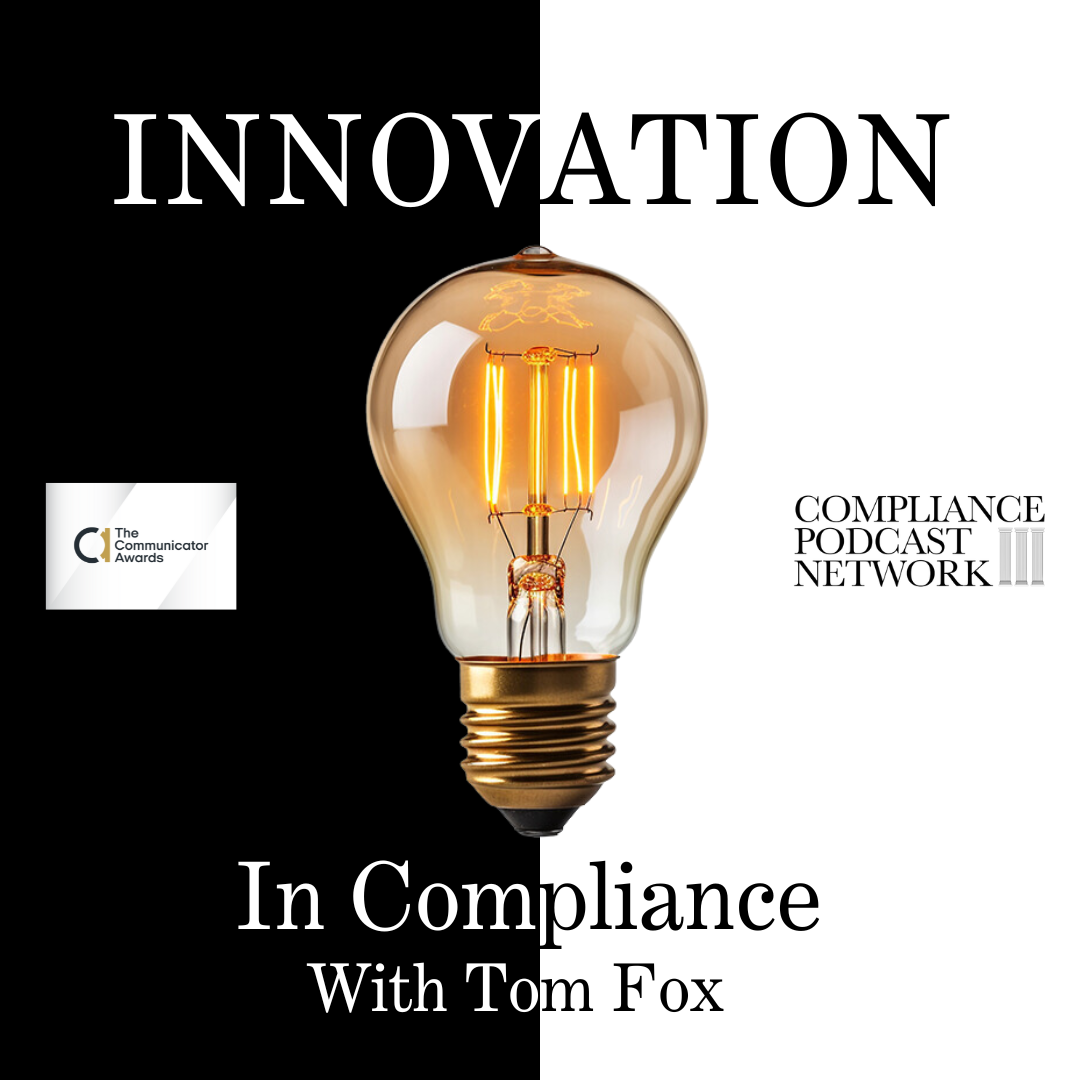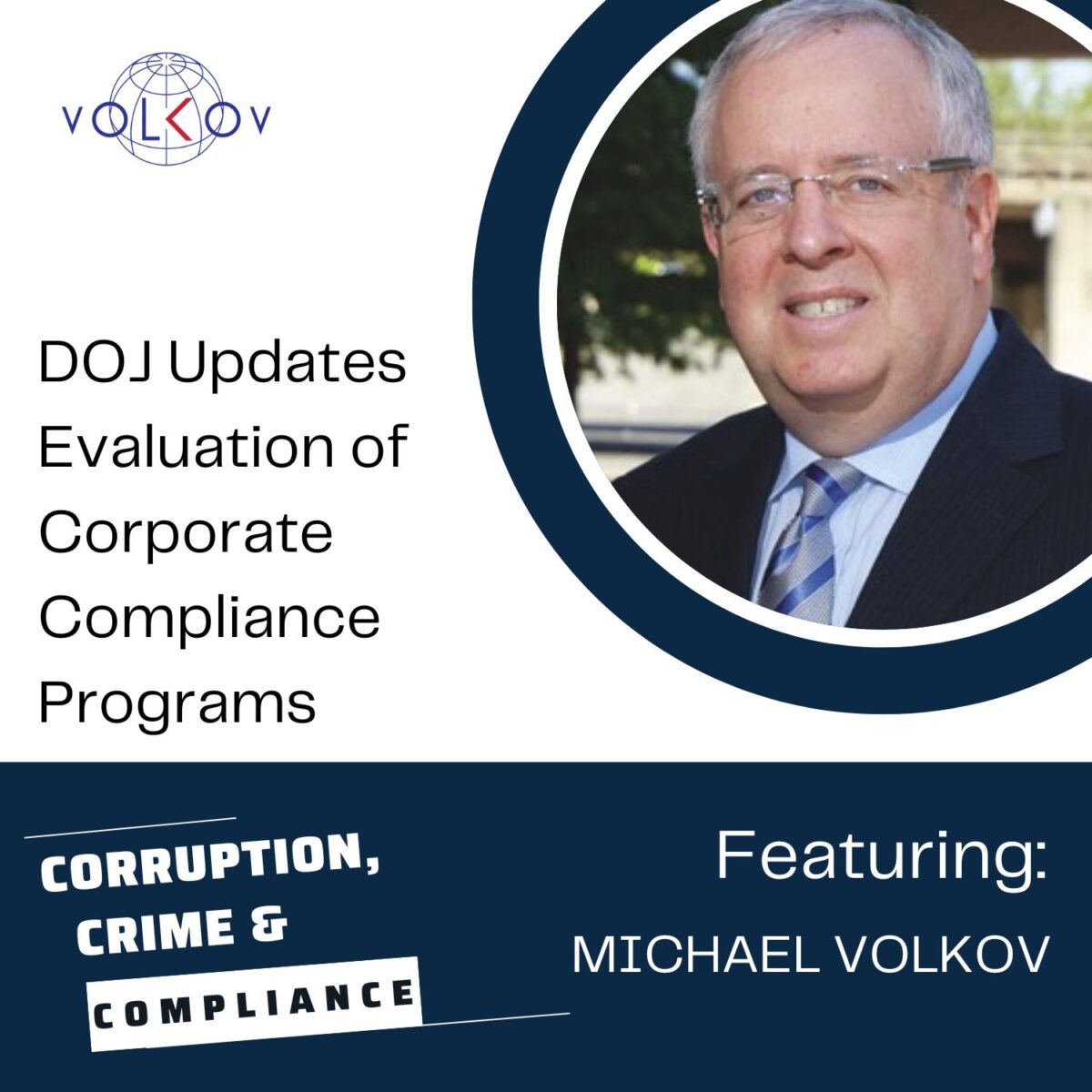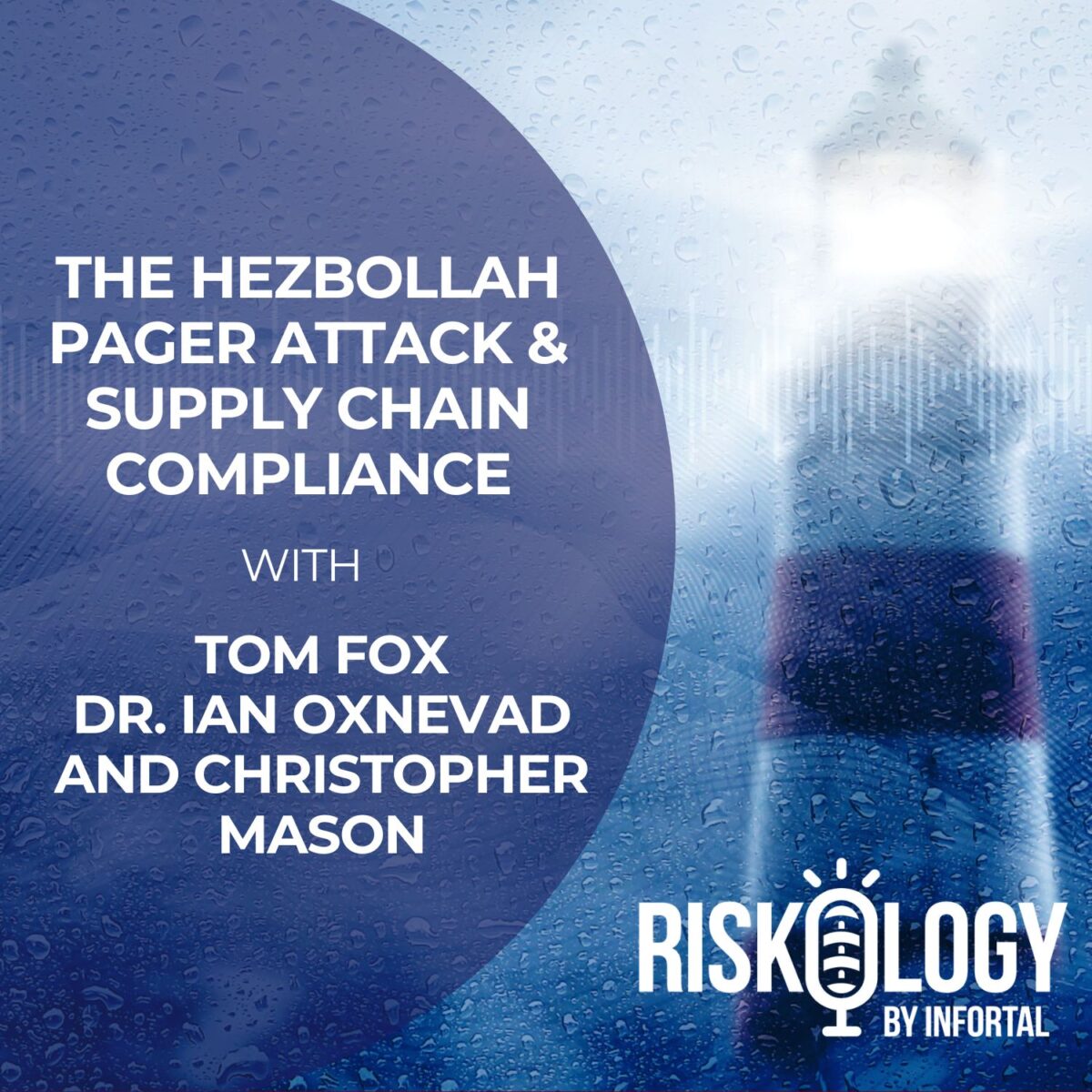We continue our exploration of the resolution of the AML/BSA enforcement action involving TD Bank US (the Bank), which is wholly owned by TD Bank Group, a publicly traded (NYSE: TD) international banking and financial services corporation headquartered in Toronto, Canada. TD Bank Group is one of the thirty largest banks in the world and the second-largest bank in Canada.
The enforcement action came in with a $3 billion penalty against the Bank, which has pled guilty to charges relating to the Bank Secrecy Act (BSA), which requires financial institutions to maintain programs to detect and report suspicious activity by their customers. The Bank also settled a series of civil investigations by the Treasury Department’s Financial Crimes Enforcement Network (FinCEN), the Federal Reserve, and the Office of the Comptroller of the Currency (OCC), which mandated a Monitor to oversee the building out of the Bank’s compliance program and imposed an asset cap limiting the growth of the Bank’s U.S. retail business as a result of the breakdown of its controls.
This TD Bank case is right up there with Siemens, Petrobras, Odebrecht, Goldman Sachs, and Volkswagen as some of the most basic violations of corporate law we have ever seen. All of the above cases involved bribery and fraud, and the Bank case involved a violation of the most basic requirement of the BSA and the most basic tenets of an anti-money laundering compliance program. Moreover, the Bank’s conduct was not 20 years ago or even 10 years ago, as the conduct began in 2018, and the illegal conduct was right up to this past year. What led to these failures?
Failures at the Top
For the Bank, it all started at the top, where the very senior executives at the Bank decreed that no additional funds would be made available for compliance, compliance updates, or new technological solutions designed to make fulfillment of compliance obligations more efficient. This funding strangulation was termed the “flat cost paradigm” across the Bank’s operations. As a result, the Bank “willfully failed to remediate persistent, pervasive, and known deficiencies in its AML program, including (a) failing to substantively update its transaction monitoring system, which is used to detect illicit and suspicious transactions through the Bank, between 2014 and 2022 despite rapid growth in the volume and risks of the Bank’s business and repeated warnings about the outdated system.”
According to the TD Bank US Holding Company Information, this policy was pursued by the Bank Audit Committee and by the Bank’s Chief Anti-Money Laundering Officer during the relevant period, and the Bank’s BSA Officer both knew there were long-term, pervasive, and systemic deficiencies in the Defendants’ U.S. AML policies, procedures, and controls. This led to the Bank monitoring only approximately 8% of the volume of transactions because it omitted all domestic automated clearinghouse transactions, most check activity, and numerous other transaction types from its automated transaction monitoring system. Due to this failure, the Bank did not monitor approximately $18.3 trillion of transactions between January 1, 2018, through April 12, 2024.
It is not as if the Board of the Bank and its Canadian overlords were unaware of these deficiencies. As far back as 2013, FinCEN and the OCC brought enforcement actions against the Bank for its failures in its AML program. The Bank’s Board of Directors specifically signed off on the resolution of this enforcement action. IN 2018, the OCC characterized the Bank’s “planning, delivery, and execution of AML technology systems and solutions as insufficient. Specifically, the OCC highlighted the delays in implementing multiple AML technology projects and found those delays to be directly linked to nearly all of TDBNA’s outstanding AML program issues.”
Internal Audits at the bank also identified specific deficiencies in the bank’s AML and BSA compliance programs. In 2018, Internal Audit determined that the Bank’s high-risk jurisdiction transaction monitoring scenarios were using an outdated list of high-risk jurisdictions, meaning the bank’s scenarios were not designed to generate alerts on the jurisdictions currently deemed to be high-risk. Again, in 2020, Internal Audit identified AML compliance deficiencies related to the governance and review of transaction monitoring scenarios.
External third-party consultants also identified deficiencies in the Bank’s AML/BSA programs. One consultant “commented that “increased volumes and regulatory requirements” would pressure AML operations to meet demands and deadlines. The same consultant concluded that the Bank’s required testing of its transaction monitoring scenarios— which assessed whether scenarios were adequately capturing suspicious activity— took twice as long as the industry average.” A second consultant noted the Bank had “sub-optimal [transaction monitoring] scenarios” due, in part, to “outdated parameters” that generated a large volume of alerts that limited the Bank’s ability to focus on high-risk customers and transactions.” Finally, a third consultant “identified numerous limitations in the Bank’s transaction monitoring program, including technology barriers to developing new scenarios or adding new parameters to existing scenarios.”
Knowledge at the Bottom
Perhaps the craziest thing about the Bank’s failures in AML/BSA was that everyone was in on the joke: the Board, senior management, Bank employees, and ‘the bad guys.’ One conversation went like this:
AML Technologist: what do the bad guys have to say about us Lol
AML Manager: Easy target
AML Technologist: damnit
AML Manager: Old scenarios; old CRR; tech agility is poor to react to changes
AML Manager: Bottomline: we have not had a single new scenario added since we first implemented the SAS
Another example cited in the Information was the following: “Other employees, both in AML and retail, consistently commented on the Bank’s instant messaging platform about the Bank’s motto, “America’s Most Convenient Bank,” and directly linked it to the Bank’s approach to AML. For example, a US-AML employee noted that a reason the Bank had not stopped one of the below-referenced money laundering typologies was because “we r the most convenient bank lol.”
Finally, this example from the information section states that “employees at multiple levels understood and acknowledged the likely illegality of David’s activity. In August 2020, one TDBNA store manager emailed another store manager and remarked, “You guys need to shut this down, LOL.” In late 2020, another store manager implored his supervisors (several TDBNA regional managers) to act, noting that “[i]t is getting out of hand, and my tellers are at the point that they don’t feel comfortable handling these transactions.” In February 2021, one TDBNA store employee saw that David’s Network had purchased more than $1 million in official bank checks with cash in a single day and asked, “How is that not money laundering,” to which a back-office employee responded, “oh it 100% is.” “
In his remarks, Attorney General Merrick Garland cited three examples where Bank employees knew money laundering was ongoing.
- In February 2021, one TD Bank store employee saw that David’s network had purchased over $1 million in official bank checks with cash in a single day. The employee asked, “How is that not money laundering?” A back-office employee responded, “Oh, it 100% is.”
- In a second, separate money laundering scheme, five TD Bank employees conspired with criminal organizations to open and maintain accounts at the bank that were used to launder $39 million to Colombia, including drug proceeds.
- In yet a third scheme, a money laundering network maintained accounts at TD Bank for at least five shell companies. It used those accounts to move over $100 million in illicit funds through the bank.
The bottom line is that everyone knows that the Bank facilitated money laundering and BSA violations. Why? The Bank consciously decided not to fund the compliance function or pay for any upgrades or updates, all in the name of its ‘flat cost paradigm.’
I will explore this matter in some depth over the next several blog posts. Tomorrow, I will consider money-laundering schemes.
Resources
OCC
OCC Press Release
Consent Order
Civil Money Penalty
DOJ
TD Bank US Holding Company Information
TD Bank N.A. Information
TD Bank US Holding Company Plea Agreement and Attachments
TD Bank N.A. Plea Agreement and Attachments
Merrick Garland Remarks
Nicole Argentieri Remarks















